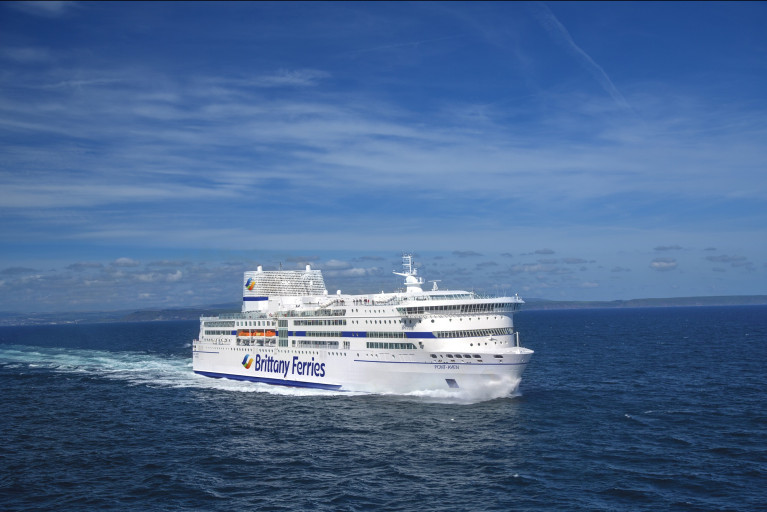Displaying items by tag: Postpone Service
Brittany Ferries Postpone Resuming Passenger Services Out of Cork Harbour
Brittany Ferries has announced that due to the current Covid-19 travel restrictions, its flagship passenger route out of Cork Harbour to Roscoff,France will not now resume at the end of March.
The operator which in 1978 began the route, will be kept under review and it is anticipated that services will recommence in mid-May. 'Freight' only Brexit-Bypass sailings out of both Cork and Rosslare to France will continue as scheduled. In addition Afloat adds, 'freight' routes of Rosslare-Cherbourg and to Bilbao, Spain.
The move follows the continued stringent travel restrictions for passengers with only essential travel. The decision by Brittany Ferries (re-think) also sees the continuing suspension of a number of their other passenger services between the UK, France and Spain.
In the coming days, Brittany Ferries will contact customers who hold bookings on affected sailings, to offer alternative travel or a refund.
“Naturally we very much regret any inconvenience that these changes will cause our customers,” said Christophe Mathieu, Brittany Ferries’ CEO. “We had hoped for a return to service for all our routes in mid-March, but the reality is that most people are simply unable to travel at this time. Booking levels are extremely low and we are relying on loans to carry us through this difficult period. It is therefore simply not viable to run loss-making routes at this time.
“But we continue to monitor the health and travel situation in all our markets – UK, Ireland, France and Spain. As soon as our customers can travel again, we will be there for them. We are also pushing governments to set out a pragmatic, co-ordinated and clear roadmap to safely re-open travel as soon as the health situation permits. We believe that the ramp-up of vaccines means that this re-opening could be considered sooner rather than later.”
Brittany Ferries says it will remain a predominantly freight-only service for now. However, while it thanks all freight customers and drivers for their support during the crisis, only 20 per cent of its annual turnover comes from freight traffic. Around 80 per cent of annual income is generated by holidaymakers.





























































